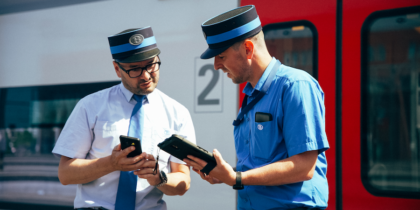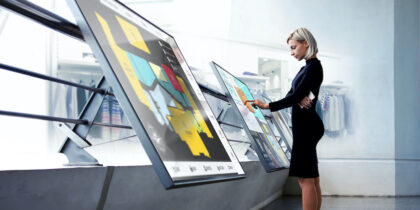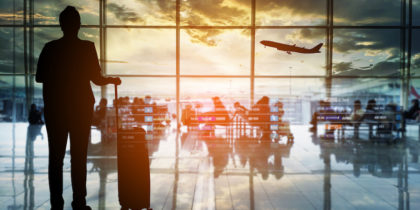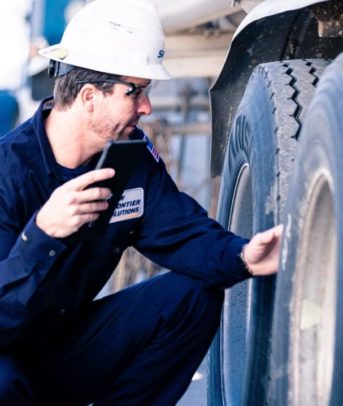Have you ever wished that your airline or airport could deliver a personal message to you to let you know of seat changes, gate changes or delays? That technology is now here. With beacon tech and sensors, paging passengers over the loudspeaker or travelers heading to the wrong gate due to a last-minute change will soon be a thing of the past. The recent SITA survey, “The Future Is Connected,” found that the majority of airlines and airports plan to implement mobile service in the next three years. Not surprisingly, passengers are looking forward to using this new technology. The survey found that over 90 percent of passengers want to use their mobile devices throughout their trips.
Beacon Tech and Sensors Make Mobile Services a Reality
Beacons are the cornerstone technology that will make these changes a reality. Bluetooth beacons installed in airports use a passenger’s location and flight schedule to send information related to their trip directly to their mobile device. Both airports and airlines are integrating this technology into their processes. Interestingly enough, airports are ahead of airlines in the majority of the initiatives. The survey found that 61 percent of airports planned to use beacons for check-in by 2018, compared to 38 percent of airlines. Beacons will also be implemented in the baggage process, with 55 percent of airports and 44 percent of airlines planning to use the technology for bag drop-off, and 40 percent of airports and 43 percent of airlines planning on using it for baggage claim by 2018.
Airports Leading the Way With Implementation
Beacons aren’t just a technology of the future — many airports are already using them to communicate personalized information to passengers and streamline airport operations. Passengers at the Miami airport can get location-specific information from beacons installed at entrances, check-in, gates, baggage claim areas and valet parking zones. Additionally, beacons at the airport even control temperature gauges and are being considered to help monitor climate control throughout the terminals. At JFK, passengers don’t even need to pull out their phones to benefit from the beacon tech, since real-time wait time data is displayed on monitors. By opting into push notifications, passengers at Berlin’s Tegel airport get personalized, location-based directions to help them find the fastest route to their gate using real-time data. Similarly, San Diego International Airport will soon use beacons to send passengers offers, updates, retail location information and details about airport art installations.
While more airports than airlines are implementing the technology, passengers on some airlines are seeing benefits as well. Passengers flying into London Gatwick on EasyJet can get updated flight information, maps and personalized messages as well as real-time gate information and baggage claim updates. Communicating with frequent flyers is a top priority for airlines. Cathay Pacific first class and business lounge customers can find out what food and drinks are available that day at the airline’s San Francisco International Airport lounge, and American Airlines frequent flyers will soon get personalized updates regarding weather delays and Admiral’s Club information.
By installing and integrating beacons into their technology, airlines and airports can increase both passenger satisfaction and productivity — all with the push of a button.
Beacon technology isn’t the only trend taking the travel industry by storm. Learn about more tech trends that are transforming the travel experience.






